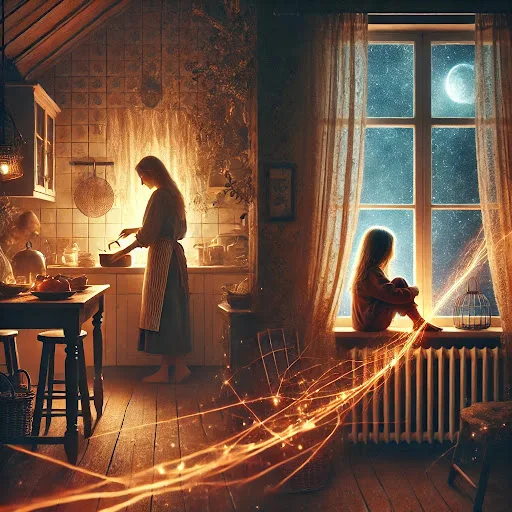The pandemic has drawn a veil between us and those we love. Friends, family, faces once so close now seem like shadows of a memory that insists on slipping through the cracks of time. But physical distance need not mean absence – there are invisible threads that stitch us together, even when touch is denied.
Inside the home, where life pulses within familiar walls, why not seek the warmth of togetherness? Cooking together, blending flavours and laughter, letting the aroma of a well-prepared meal awaken a sense of belonging. And for those who find refuge in the sacred, why not turn the home into a temple, allowing faith to drift gently through open windows?
What is essential, that never fades. It endures, silent yet strong, in the simple act of remembering that, in some way, we remain together.


Comments
Post a Comment